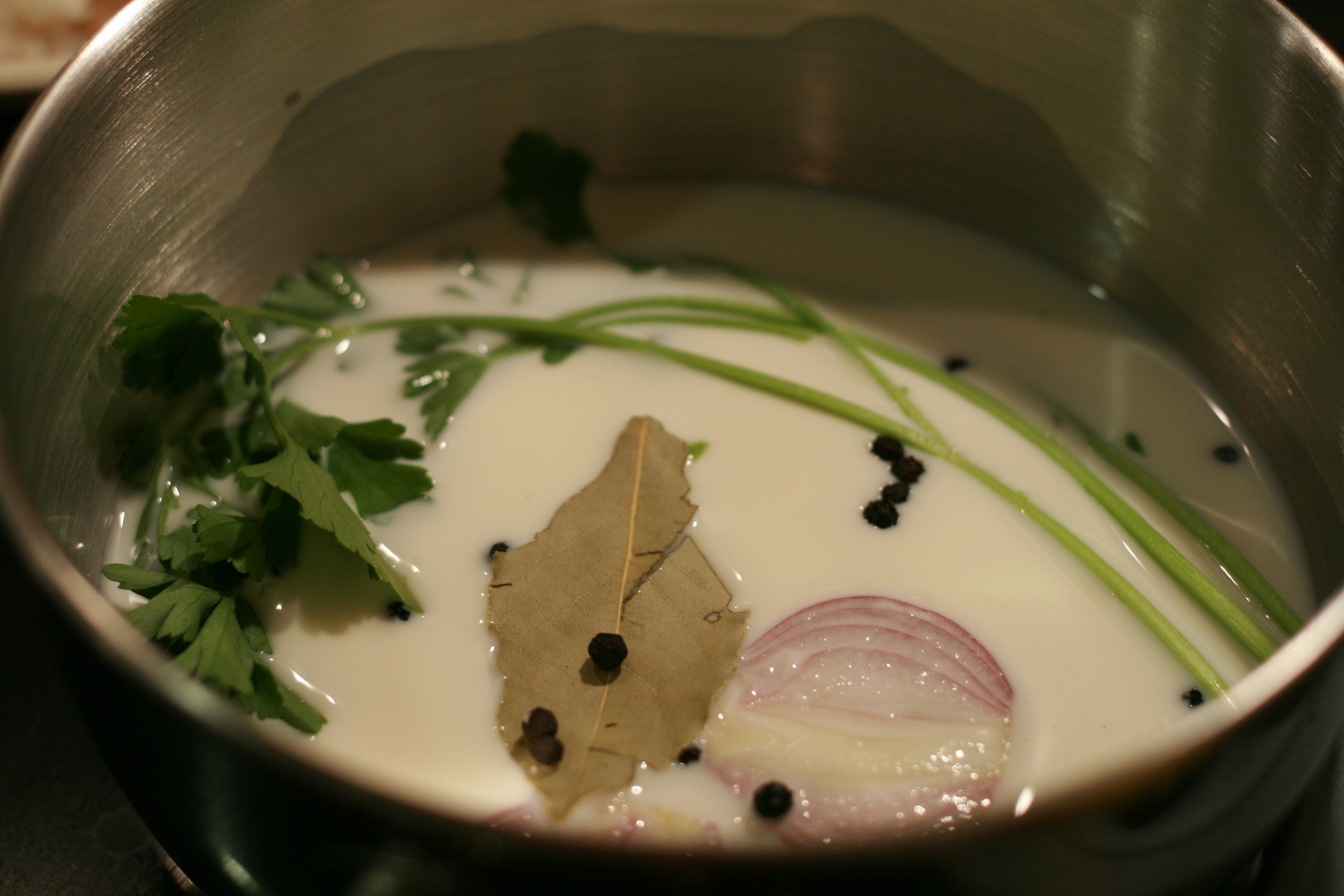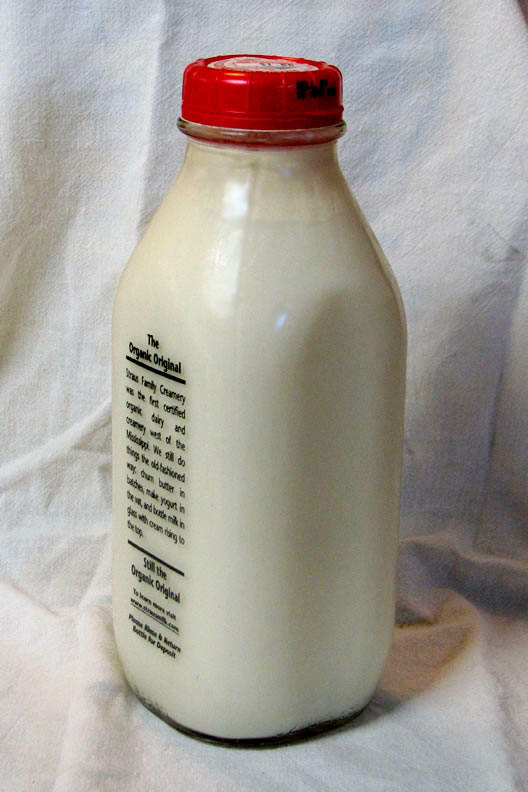|
Louis De Béchameil
Louis de Béchameil, marquis de Nointel (1630–1703) was a French ''financier'' and patron of the arts. Life Son of Jean-Baptiste Béchameil, Louis was a rich tax farmer and superintendent to the house of the Duke of Orléans; he was ''intendant'' of Brittany and of the ''généralité'' of Tours. In 1697, Béchameil bought the ''marquisat'' of Nointel and later became Louis XIV's head steward. Following a reorganisation of the Brittany kingdom's Chamber of Accounts of 1669, a commission (1680) was set up and led by Béchameil de Nointel, as an intendant where he wrote a report to attest what he saw. This document, which mentions the frauds of the Chamber's deposits, shows the favors given to the crown and tries to end such abuses, led to a new law proposed by Charles Colbert to the Brittany Chamber in 1681. In 1698, Béchameil published another document focusing on the fiscal system. Béchameil was an art lover who was directed by the King to found the academy at Angers, for ... [...More Info...] [...Related Items...] OR: [Wikipedia] [Google] [Baidu] |
Nointel, Oise
Nointel () is a commune in the Oise department in northern France. See also *Communes of the Oise department The following is a list of the 679 communes of the Oise department of France. The communes cooperate in the following intercommunalities (as of 2020):Communes of Oise {{Oise-geo-stub ... [...More Info...] [...Related Items...] OR: [Wikipedia] [Google] [Baidu] |
Béchamel Sauce
Bechamel sauce ( ) is a sauce traditionally made from a white roux (butter and flour in a 1:1 mixture by weight) and milk. Bechamel may also be referred to as besciamella (Italy), besamel (Greece), or white sauce (U.S.). French, Italian and Greek bechamel sauce recipes include salt and nutmeg as a seasoning base. Bechamel sauce is one of the "mother sauces" of French cuisine. Origin The first recipe of a sauce similar to bechamel is in the book by François Pierre de La Varenne in 1651, made with a roux, as in modern recipes. The name of the sauce was given in honour of Louis de Béchameil, a financier who held the honorary post of chief steward to King Louis XIV of France in the 17th century. The first named béchamel sauce appears in ''The Modern Cook,'' written by Vincent La Chapelle and published in 1733, in which the following recipe for "Turbots (a la Bechameille)" appears: There are many legends regarding the origin of bechamel sauce. For example, it is said that ... [...More Info...] [...Related Items...] OR: [Wikipedia] [Google] [Baidu] |
French Cuisine
French cuisine () is the cooking traditions and practices from France. It has been influenced over the centuries by the many surrounding cultures of Spain, Italy, Switzerland, Germany and Belgium, in addition to the food traditions of the regions and colonies of France. In the 14th century, Guillaume Tirel, a court chef known as "Taillevent", wrote ''Le Viandier'', one of the earliest recipe collections of medieval France. In the 17th century, chefs François Pierre La Varenne and Marie-Antoine Carême spearheaded movements that shifted French cooking away from its foreign influences and developed France's own indigenous style. Cheese and wine are a major part of the cuisine. They play different roles regionally and nationally, with many variations and ''appellation d'origine contrôlée'' (AOC) (regulated appellation) laws. Culinary tourism and the ''Guide Michelin'' helped to acquaint commoners with the ''cuisine bourgeoise'' of the urban elites and the peasant cuisine o ... [...More Info...] [...Related Items...] OR: [Wikipedia] [Google] [Baidu] |
1703 Deaths
Seventeen or 17 may refer to: *17 (number), the natural number following 16 and preceding 18 * one of the years 17 BC, AD 17, 1917, 2017 Literature Magazines * ''Seventeen'' (American magazine), an American magazine * ''Seventeen'' (Japanese magazine), a Japanese magazine Novels * ''Seventeen'' (Tarkington novel), a 1916 novel by Booth Tarkington *''Seventeen'' (''Sebuntiin''), a 1961 novel by Kenzaburō Ōe * ''Seventeen'' (Serafin novel), a 2004 novel by Shan Serafin Stage and screen Film * ''Seventeen'' (1916 film), an American silent comedy film *''Number Seventeen'', a 1932 film directed by Alfred Hitchcock * ''Seventeen'' (1940 film), an American comedy film *''Eric Soya's '17''' (Danish: ''Sytten''), a 1965 Danish comedy film * ''Seventeen'' (1985 film), a documentary film * ''17 Again'' (film), a 2009 film whose working title was ''17'' * ''Seventeen'' (2019 film), a Spanish drama film Television * ''Seventeen'' (TV drama), a 1994 UK dramatic short starring Christ ... [...More Info...] [...Related Items...] OR: [Wikipedia] [Google] [Baidu] |
1630 Births
Year 163 ( CLXIII) was a common year starting on Friday (link will display the full calendar) of the Julian calendar. At the time, it was known as the Year of the Consulship of Laelianus and Pastor (or, less frequently, year 916 ''Ab urbe condita''). The denomination 163 for this year has been used since the early medieval period, when the Anno Domini calendar era became the prevalent method in Europe for naming years. Events By place Roman Empire * Marcus Statius Priscus re-conquers Armenia; the capital city of Artaxata is ruined. Births * Cui Yan (or Jigui), Chinese official and politician (d. 216) * Sun Shao (or Changxu), Chinese chancellor (d. 225) * Tiberius Claudius Severus Proculus, Roman politician * Xun Yu, Chinese politician and adviser (d. 212) Deaths * Kong Zhou, father of Kong Rong (b. 103) * Marcus Annius Libo Marcus Annius Libo was a Roman Senator active in the early second century AD. Life Libo came from the upper ranks of the Roman aristocra ... [...More Info...] [...Related Items...] OR: [Wikipedia] [Google] [Baidu] |
Businesspeople From Rouen
A businessperson, businessman, or businesswoman is an individual who has founded, owns, or holds shares in (including as an angel investor) a private-sector company. A businessperson undertakes activities (commercial or industrial) for the purpose of generating cash flow, sales, and revenue by using a combination of human, financial, intellectual, and physical capital with a view to fueling economic development and growth. History Prehistoric period: Traders Since a "businessman" can mean anyone in industry or commerce, businesspeople have existed as long as industry and commerce have existed. "Commerce" can simply mean "trade", and trade has existed through all of recorded history. The first businesspeople in human history were traders or merchants. Medieval period: Rise of the merchant class Merchants emerged as a "class" in medieval Italy (compare, for example, the Vaishya, the traditional merchant caste in Indian society). Between 1300 and 1500, modern accoun ... [...More Info...] [...Related Items...] OR: [Wikipedia] [Google] [Baidu] |
Cream
Cream is a dairy product composed of the higher-fat layer skimmed from the top of milk before homogenization. In un-homogenized milk, the fat, which is less dense, eventually rises to the top. In the industrial production of cream, this process is accelerated by using centrifuges called " separators". In many countries, it is sold in several grades depending on the total butterfat content. It can be dried to a powder for shipment to distant markets, and contains high levels of saturated fat. Cream skimmed from milk may be called "sweet cream" to distinguish it from cream skimmed from whey, a by-product of cheese-making. Whey cream has a lower fat content and tastes more salty, tangy and "cheesy". In many countries partially fermented cream is also sold: sour cream, crème fraîche, and so on. Both forms have many culinary uses in both sweet and savoury dishes. Cream produced by cattle (particularly Jersey cattle) grazing on natural pasture often contains some carotenoid pig ... [...More Info...] [...Related Items...] OR: [Wikipedia] [Google] [Baidu] |
Nicolas Chalon Du Blé, Marquis D'Uxelles
Nicolas or Nicolás may refer to: People Given name * Nicolas (given name) Mononym * Nicolas (footballer, born 1999), Brazilian footballer * Nicolas (footballer, born 2000), Brazilian footballer Surname Nicolas * Dafydd Nicolas (c.1705–1774), Welsh poet * Jean Nicolas (1913–1978), French international football player * Nicholas Harris Nicolas (1799–1848), English antiquary * Paul Nicolas (1899–1959), French international football player * Robert Nicolas (1595–1667), English politician Nicolás * Adolfo Nicolás (1936–2020), Superior General of the Society of Jesus * Eduardo Nicolás (born 1972), Spanish former professional tennis player Other uses * Nicolas (wine retailer), a French chain of wine retailers * ''Le Petit Nicolas'', a series of children's books by René Goscinny See also * San Nicolás (other) * Nicholas (other) * Nicola (other) * Nikola Nikola () is a given name which, like Nicholas, is a version of the Greek ''Nikolaos ... [...More Info...] [...Related Items...] OR: [Wikipedia] [Google] [Baidu] |
François Pierre De La Varenne
François () is a French language, French masculine given name and surname, equivalent to the English name Francis (given name), Francis. People with the given name * Francis I of France, King of France (), known as "the Father and Restorer of Letters" * Francis II of France, King of France and King consort of Scots (), known as the husband of Mary Stuart, Queen of Scots * François Amoudruz (1926–2020), French resistance fighter * Voltaire, François-Marie Arouet (better known as Voltaire; 1694–1778), French Enlightenment writer, historian, and philosopher *François Aubry (other), several people *François Baby (other), several people * François Beauchemin (born 1980), Canadian ice hockey player for the Anaheim Duck *François Blanc (1806–1877), French entrepreneur and operator of casinos *François Boucher (other), several people *François Caron (other), several people * François Cevert (1944–1973), French racing driver * Françoi ... [...More Info...] [...Related Items...] OR: [Wikipedia] [Google] [Baidu] |
Cream
Cream is a dairy product composed of the higher-fat layer skimmed from the top of milk before homogenization. In un-homogenized milk, the fat, which is less dense, eventually rises to the top. In the industrial production of cream, this process is accelerated by using centrifuges called " separators". In many countries, it is sold in several grades depending on the total butterfat content. It can be dried to a powder for shipment to distant markets, and contains high levels of saturated fat. Cream skimmed from milk may be called "sweet cream" to distinguish it from cream skimmed from whey, a by-product of cheese-making. Whey cream has a lower fat content and tastes more salty, tangy and "cheesy". In many countries partially fermented cream is also sold: sour cream, crème fraîche, and so on. Both forms have many culinary uses in both sweet and savoury dishes. Cream produced by cattle (particularly Jersey cattle) grazing on natural pasture often contains some carotenoid pig ... [...More Info...] [...Related Items...] OR: [Wikipedia] [Google] [Baidu] |
Sauce
In cooking, a sauce is a liquid, cream, or semi-solid food, served on or used in preparing other foods. Most sauces are not normally consumed by themselves; they add flavor, moisture, and visual appeal to a dish. ''Sauce'' is a French word taken from the Latin ''salsa'', meaning ''salted''. Possibly the oldest recorded European sauce is garum, the fish sauce used by the Ancient Romans, while doubanjiang, the Chinese soy bean paste is mentioned in '' Rites of Zhou'' in the 3rd century BC. Sauces need a liquid component. Sauces are an essential element in cuisines all over the world. Sauces may be used for sweet or savory dishes. They may be prepared and served cold, like mayonnaise, prepared cold but served lukewarm like pesto, cooked and served warm like bechamel or cooked and served cold like apple sauce. They may be freshly prepared by the cook, especially in restaurants, but today many sauces are sold premade and packaged like Worcestershire sauce, HP Sauce, soy sauce ... [...More Info...] [...Related Items...] OR: [Wikipedia] [Google] [Baidu] |
White Sauce
White is the lightest color and is achromatic (having no hue). It is the color of objects such as snow, chalk, and milk, and is the opposite of black. White objects fully reflect and scatter all the visible wavelengths of light. White on television and computer screens is created by a mixture of red, blue, and green light. The color white can be given with white pigments, especially titanium dioxide. In ancient Egypt and ancient Rome, priestesses wore white as a symbol of purity, and Romans wore white togas as symbols of citizenship. In the Middle Ages and Renaissance a white unicorn symbolized chastity, and a white lamb sacrifice and purity. It was the royal color of the kings of France, and of the monarchist movement that opposed the Bolsheviks during the Russian Civil War (1917–1922). Greek and Roman temples were faced with white marble, and beginning in the 18th century, with the advent of neoclassical architecture, white became the most common color of new churches ... [...More Info...] [...Related Items...] OR: [Wikipedia] [Google] [Baidu] |






